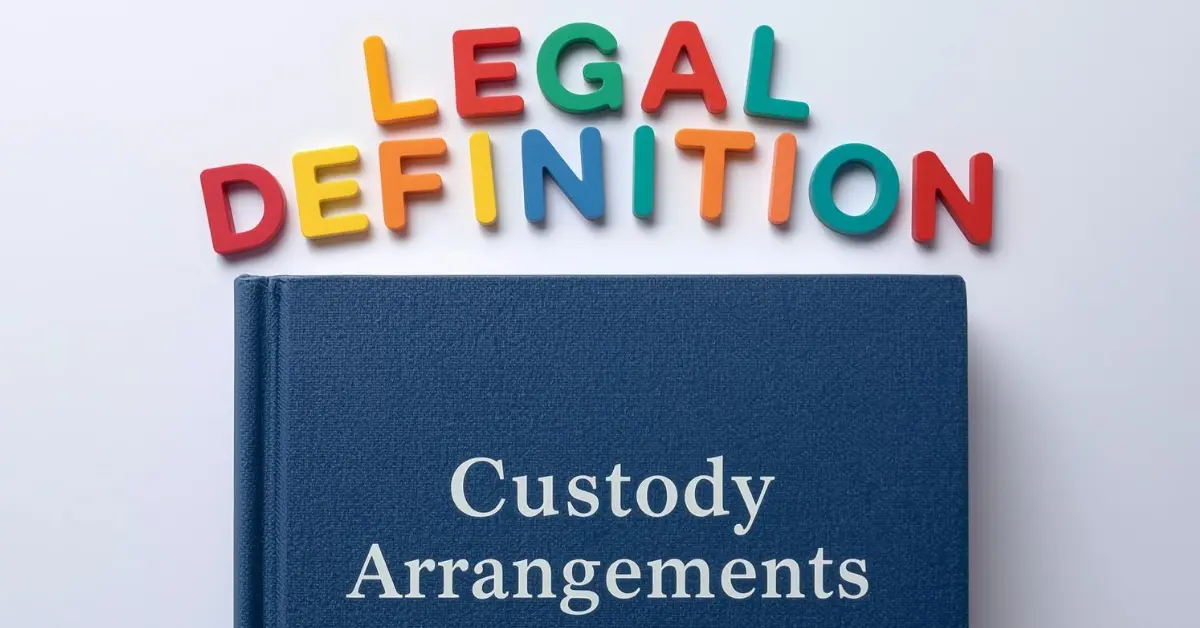Family law is a crucial field within the legal profession that focuses on issues involving family relationships, such as divorce, child custody, and adoption.
Family law attorneys are vital in resolving sensitive and emotionally charged matters, working to ensure that the legal process helps maintain fairness and justice in these delicate situations.
They handle cases related to domestic relations, legal separations, and child welfare, often representing vulnerable individuals like children and spouses during challenging periods in their lives.
In both the United States and Canada, the demand for family law attorneys is growing. As societal dynamics evolve and legal complexities increase, more families are seeking professional legal help to resolve disputes.
Whether through divorce proceedings, custody battles, or adoption processes, family law attorneys help guide individuals through life-altering events, making the role not just essential but also highly rewarding.
Educational Requirements
Becoming a family law attorney requires specific educational milestones. It begins with an undergraduate degree from a recognized institution. While there is no prescribed major, those aspiring to enter family law often study fields such as political science, psychology, or sociology.
These subjects provide a strong foundation in understanding societal structures, human behavior, and the legal frameworks that govern family matters.
To be competitive for law school, it’s important to maintain a strong GPA and engage in extracurricular activities that demonstrate leadership and a commitment to public service.
Participation in activities like debate clubs, internships, or volunteer work in legal environments can enhance your application.
The next step is to apply for law school and obtain a Juris Doctor (J.D.) degree. Admission to law school typically requires a passing score on the LSAT, as well as a strong GPA, compelling recommendation letters, and a personal statement explaining your interest in law.
In both the USA and Canada, it is advisable to select law schools that offer specialized programs in family law, as these will provide tailored courses that focus on areas like family dispute resolution, ethics, and child welfare. Courses on dispute resolution and ethics are particularly important for anyone intending to handle sensitive family issues.
Licensing Process
Upon graduating from law school, the next crucial step is to pass the bar exam in the state (USA) or province (Canada) where you intend to practice.
The bar exam is a rigorous test designed to assess a candidate’s understanding of the law and ability to apply it in real-life scenarios.
Each state or province has its own requirements for passing the exam, so it is important to check the specific criteria for your jurisdiction.
Beyond the exam itself, candidates must also pass a Character and Fitness assessment. This involves a thorough background check to ensure you meet the moral and ethical standards required to practice law.
Factors like criminal history or past professional conduct are closely scrutinized to confirm that you possess the integrity needed for the profession.
Gaining Practical Experience
Practical experience is essential in the journey to becoming a family law attorney. During law school, students should seek internships and clerkships in family law firms or courts.
These opportunities offer hands-on experience with real family law cases and provide a chance to observe how attorneys interact with clients, judges, and opposing counsel.
Many law schools also offer clinical programs that allow students to work on family law cases under the supervision of experienced attorneys.
This exposure to family law matters is invaluable, as it helps future lawyers understand the nuances of legal practice and client interaction in family disputes. Please click to learn more about the duties of a family law attorney.
In addition to internships, it’s helpful to find a mentor who specializes in family law. A mentor can provide guidance on navigating the legal field, as well as advice on developing skills that are specific to family law practice, such as mediation and negotiation.
Skills Development
Successful family law attorneys must develop a specific set of skills to effectively serve their clients. Negotiation and communication skills are paramount, as many family law cases involve highly emotional and personal issues.
An attorney’s ability to negotiate favorable settlements for their clients, particularly in cases involving child custody or division of assets, can make a significant difference in the outcome of the case.
Empathy is another critical skill. Family law attorneys often deal with clients going through some of the most stressful periods of their lives, whether it’s the breakdown of a marriage or the fight for custody of children.
Being able to offer not only legal advice but also emotional support is crucial in building a trusting relationship with clients.
Continuing education is also essential for family law attorneys. Laws and regulations affecting families can change, and attending family law seminars and staying updated on the latest legal trends is important for remaining relevant in the field.
Specialization and Certification
As a family law attorney, you can choose to specialize in specific areas such as child custody, adoption, or divorce. Specialization allows you to deepen your expertise and provide more focused services to clients.
For example, some attorneys may choose to become experts in child custody cases, advocating for the best interests of children in family court.
In addition to specialization, many attorneys pursue certifications that further distinguish their practice. Some states and provinces offer certification programs for family law specialists, which require additional coursework, exams, and practical experience.
Organizations like the American Academy of Matrimonial Lawyers (AAML) in the USA and the Canadian Bar Association (CBA) in Canada provide opportunities for certification and professional development in family law.
Starting Your Career
Once you have met all the educational and licensing requirements, it’s time to begin your career as a family law attorney.
Many new attorneys start by applying to established family law firms, where they can gain experience and build a reputation. Others may choose to start their own practice, which requires not only legal knowledge but also business acumen.
Networking is a critical part of launching your career. Joining professional associations such as the AAML or the CBA can provide opportunities to connect with other family law attorneys, gain referrals, and stay informed about developments in the field.
Attending networking events and legal conferences can also help you establish relationships that lead to job opportunities or potential clients.
Building a client base takes time and effort. Marketing strategies such as developing a strong online presence, publishing informative content on family law topics, and offering free consultations can help attract clients.
Referrals from satisfied clients or other professionals in the legal field are also a powerful way to grow your practice.
Conclusion
Becoming a family law attorney is a rewarding yet challenging career path. It offers the chance to make a real difference in people’s lives, helping them navigate some of the most difficult experiences they may face.
For those who are passionate about advocating for families and resolving disputes, family law provides both personal and professional fulfillment.
While the journey to becoming a family law attorney requires dedication, the opportunity to help others and make a positive impact on your community is well worth the effort.




